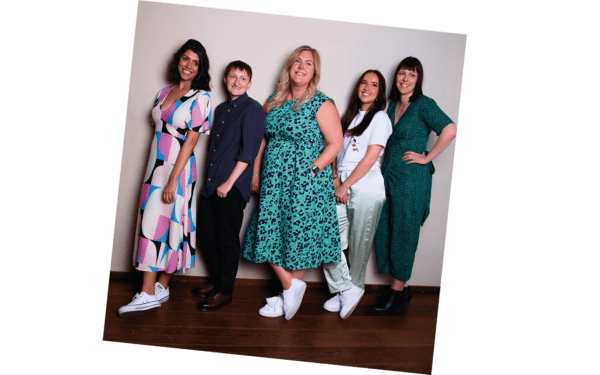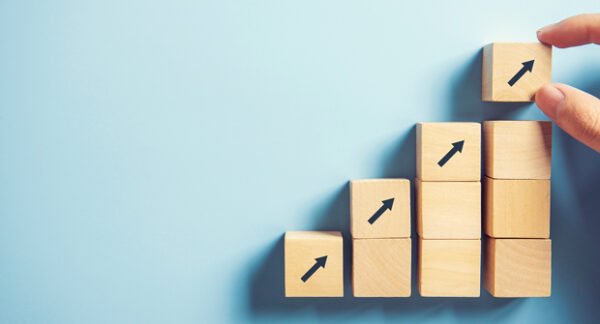
Now is the Time to Progress Your Career and Improve Mental Health
Travelling into the office more regularly could boost confidence at work and improve wellbeing in 2023

For many, a new year brings new drive and new ambitions, especially in the workplace. While hybrid working may be here to stay, research shows workers are starting to favour in-person interactions again and getting the most from their journeys into work.
Working with renowned psychologist Emma Kenny, GTR – which operates Southern, Thameslink, Great Northern and Gatwick Express – discovered that despite challenges on the railway in recent months, many workers are now finding their stride when it comes to balancing the benefits of working from home and working in-person.
The research shows that two-thirds of respondents agree the working environment is more enjoyable when there are others around them. Emma explains that human connection and regular micro interactions are essential for good mental health and wellbeing.
She says: “While working from home undeniably has its perks, in-person interactions with colleagues – be it debating an issue, sharing ideas, or simply socialising – can help office workers feel more satisfied with their work life on the whole.”
Not only do people find working with others in person more enjoyable, but 42% of respondents said coming into the office some of the time helps boost their development at work, with individuals noting that their confidence in meetings (70%) and when presenting (64%) is much higher in person.
Emma comments: “Hybrid working has undoubtedly given people a better work-life balance, but there are certain times when being around others could help when it comes to developing at work – and this could be down to demographics. The research suggests that 70% of people aged 25-34, as well as 80% of those 55 and over, feel more confident when presenting in person. Organising important meetings to take place in-person could help put workers at ease and gain valuable feedback.”
As well as development opportunities at work, people are also looking to get more from the time they spend on their train journey, with health and wellbeing at the forefront of their focus. Instead of working, people said they now take the time out to read (34%) and listen to podcasts (30%). A third of respondents are using the journey as an excuse to take a break from the screen, with 33% simply enjoying the view. Finally, 17% say they are now focusing on making their commutes more mindful with meditation apps adding some much needed ‘me time’.
Emma explains: “These uninterrupted moments not only help to get us in the right headspace for a day at work, but after a full-on day in the office, they help us unwind too before arriving home. The journey to and from work is a physical way to separate work life and home life.”
Psychologist Emma Kenny shares her top tips for productivity and positive mental health:
- The act of travelling to work can psych us up for the day ahead. A change of environment helps boost creativity, so even if you’re not going into the office, try working in a different location for the day.
- Uninterrupted moments are hugely beneficial to our mental health. As well as using the commute to catch up on work, you should also use the opportunity to have a break from the laptop by tuning into a podcast or audiobook whilst taking in the views.
- Make time for kitchen chat! A quick catch up with a colleague whilst making a cup of tea may seem minor, but these interactions have a direct impact on mental wellbeing. These connections help us to feel a sense of belonging in the workplace.
- Combine work and play to maximise a trip to the office. With commuting happening less often than in previous years, workers really want to make the most of a trip in. Going for a drink with colleagues after work or meeting a friend for dinner can help you break up the week and enable you to unwind in a social setting.
- Utilise office time for all-important feedback. Instead of scheduling a formal meeting, which can seem daunting, use the opportunity of facetime in the office to gain feedback and support from your peers.














































